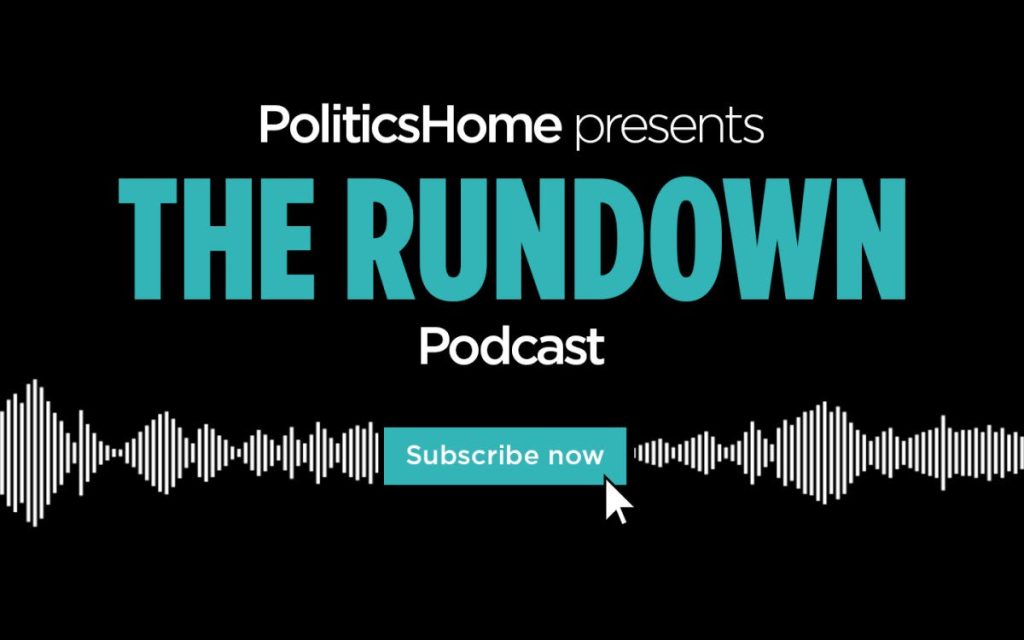This week’s episode of The Rundown Podcast pulls back the curtain on the murky world of Westminster finance and questions whether Keir Starmer’s promise to “clean up politics” is more than just rhetoric. Hosted by political reporter Alain Tolhurst, the discussion brings together voices from Parliament, anti-corruption advocacy and investigative journalism to assess recent scandals and the legislation designed to tackle them.
Trust at an all-time low
Lloyd Hatton, Labour MP for South Dorset and member of the all-party parliamentary group on anti-corruption, opened the debate by underlining the depth of public cynicism: “Trust in politics is at an all-time low. When I return to my constituency, people tell me constantly they feel let down by Westminster.” This erosion of confidence became the springboard for a review of the government’s recently published strategy on restoring faith in democracy.
The Elections Bill: closing loopholes or window dressing?
The panel agreed that the upcoming Elections Bill presents a crucial test for Starmer’s administration. Hatton outlined the core objectives of the Bill:
- Restricting donations from unregistered or ineligible donors, especially foreign backers.
- Introducing tougher rules on transparency for political campaigns and election spending.
- Strengthening the Electoral Commission’s investigative powers to clamp down on illicit activity.
While these measures sound promising, Spotlight on Corruption’s executive director Sue Hawley warned that “any loophole left in the text will be exploited by the very actors we aim to curb.” She argued for comprehensive monitoring of lobbying activity and real-time disclosure of political gifts.
Illicit wealth and cronyism remain threats
Daniel Bruce, chief executive of Transparency International UK, stressed that “naming and shaming” after each scandal has become a ritual, yet “we still see oligarchs and corporate interests exert undue influence.” Bruce called for a public register of meetings between ministers and external stakeholders, with strict penalties for undisclosed engagements.
Investigative insights on corruption
Investigative journalist Peter Geoghegan, creator of the Democracy for Sale website, highlighted recent examples of “dark money” funneled through third-party organisations. He noted:
- Anonymous shell companies buying lavish campaign adverts.
- Lobbyists securing private briefings with senior officials without record of public interest.
- Charitable foundations serving as fronts for concealed donations.
Geoghegan’s reporting underlines the complexity of tracing illicit funds and the need for both legal reform and stronger investigative resources within government watchdogs.
Expert recommendations for a robust crackdown
To turn pledges into tangible results, the panel proposed a series of concrete steps:
- Establish an independent Anti-Corruption Commissioner with statutory powers to investigate every suspected breach.
- Create a live, publicly accessible database of political donations and lobbying meetings.
- Raise transparency standards for digital campaigning, including disclosures of targeting algorithms.
- Ban employment of close relatives of MPs in paid lobbying or advisory roles.
- Introduce a cap on election spending per candidate to limit the influence of high-net-worth individuals.
Hatton emphasised that “without robust enforcement, even the toughest laws will remain paper tigers.”
Parliamentary politics meets public expectations
Behind closed doors, Conservative backbenchers have also expressed frustration at sleaze scandals overshadowing policy debates. Yet the momentum now lies with the government, which must resist calls for compromise during the Autumn legislative session. As Sue Hawley put it, “There’s no excuse for watering down these reforms.”
Listening to The Rundown
The new episode of The Rundown Podcast brings together detailed analysis and firsthand accounts from key figures battling for cleaner politics. To hear the full debate and discover how the public can demand accountability, search for “PoliticsHome” on your favourite podcast platform or visit the Politics Home website directly.
